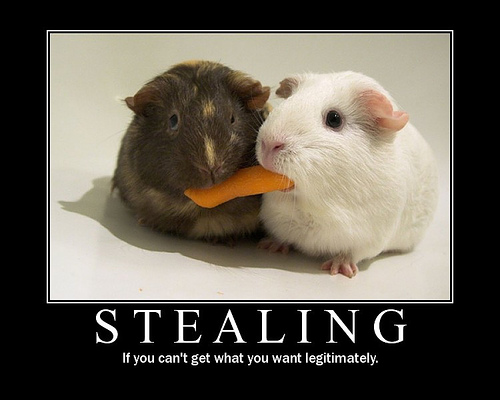Anyways, so today instead of rambling about books I will ramble about paper vs computers? Which is better? Or is there even a "better"?
Computers- Pros
- Better organization.
- Its easier to store your files in multiple places. You can store them on your computer itself or on the internet.
- Easier to erase and add things.
- Easier way to share your story with multiple people.
- You can type up your project on different kinds of document writers besides Microsoft Office, like Scrivener, Wordpad, LibreOffice, and others.
- If you're a fast typist, you don't have to worry about messy hand writing and some people are faster typist then they are at handwriting. Its easy to change fonts too.
- You can store all your research and stuff into files for quick easy access.
- Your work can be password protected.
Computers-Cons
- If you want to put a document onto paper, then you have to print it off. And overtime, it'll cost lots of money.
- It might be easier to catch a virus, accidently delete something, or corrupt your project.
- If you change word processors (like when my Microsoft office stopped working and I had to convert all my files so they would work on different programs) you'll have to convert files.
- You can forget passwords or have something hacked.
- If you share something online, there's always a chance it could be stolen.
- It can be easy to make a ton of files and loose stuff.
- Your computer can die and if you don't have backups, you'll loose your projects.
Paper- Pros
- Like using different word processors, you can use different kinds of paper.
- You can use journals, notebooks, sketchbooks, or any other form of blank books to write in. You can even choose between lines and unlined (you can do choose this too on some word processors).
- Different colored ink in pens, crayons, colored pencils, markers, etc.
- Pen vs pencil.
- You can write or draw in the margins.
- There's that wonderful feel of paper.
- Might be more convenient.
Paper- Cons
- Its easier to loose and destroy in some cases.
- No password protection. In most cases, anyone can find it and read it.
- You might have messy handwriting or get cramps easily.
- Its harder to share with multiple people.
- You might have a harder time keeping notes, research, and your project organized.
- It takes more space to store paper.
- It takes lots of time to write something and then transfer it to your computer.
- Kills trees.
Combined Pros.
- Both can have different fonts, shapes, colors, and sizes.
- Both can be lined or no lines (in some cases).
- With somethings on the computer, you can draw or write in the margins like on paper.
- You can organize your stuff into files.
Combined Cons
- Cramps either way.
- You can destroy stuff either way.
- Distractions either way.
So well, there it is. A list of the pros and cons of writing on either paper or computer. Which do you prefer? Do you have anything to add to these lists?




